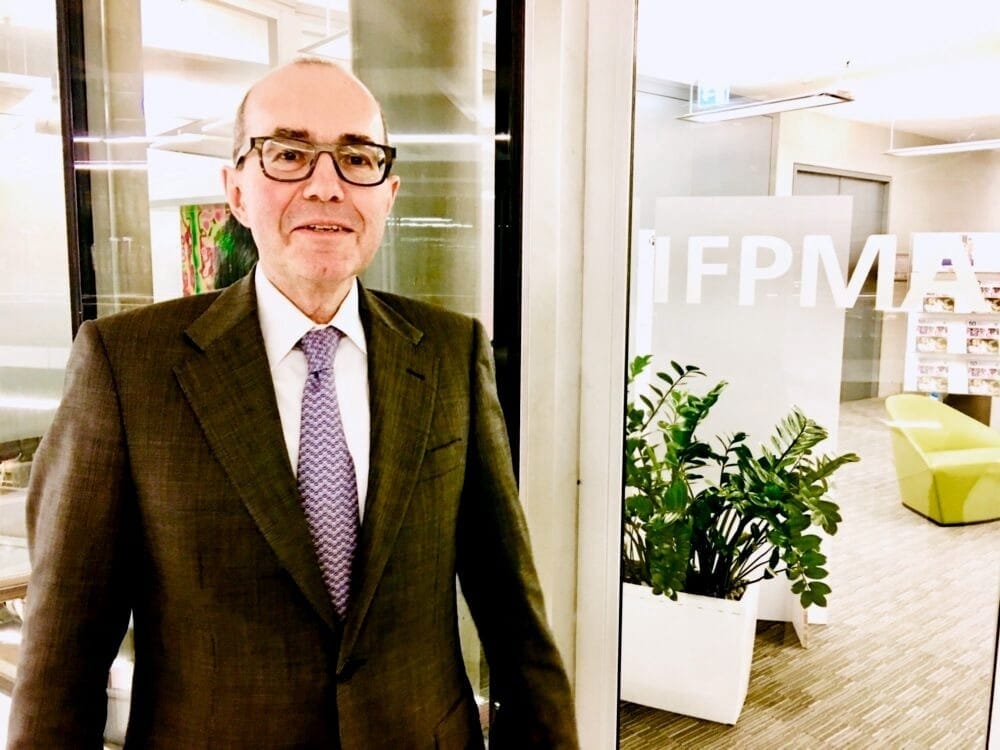GENEVA (AN) — The idea that everyone should have affordable, quality health services is backed by international organizations including the global pharmaceutical industry's trade group.
Universal health coverage, or UHC, could sustain health care systems particularly in low to middle income nations, according to a broad range of health care experts and industry officials. Some 50 million people worldwide deal with what the World Health Organization calls "catastrophic spending" on health costs due to user fees and other direct payments.









